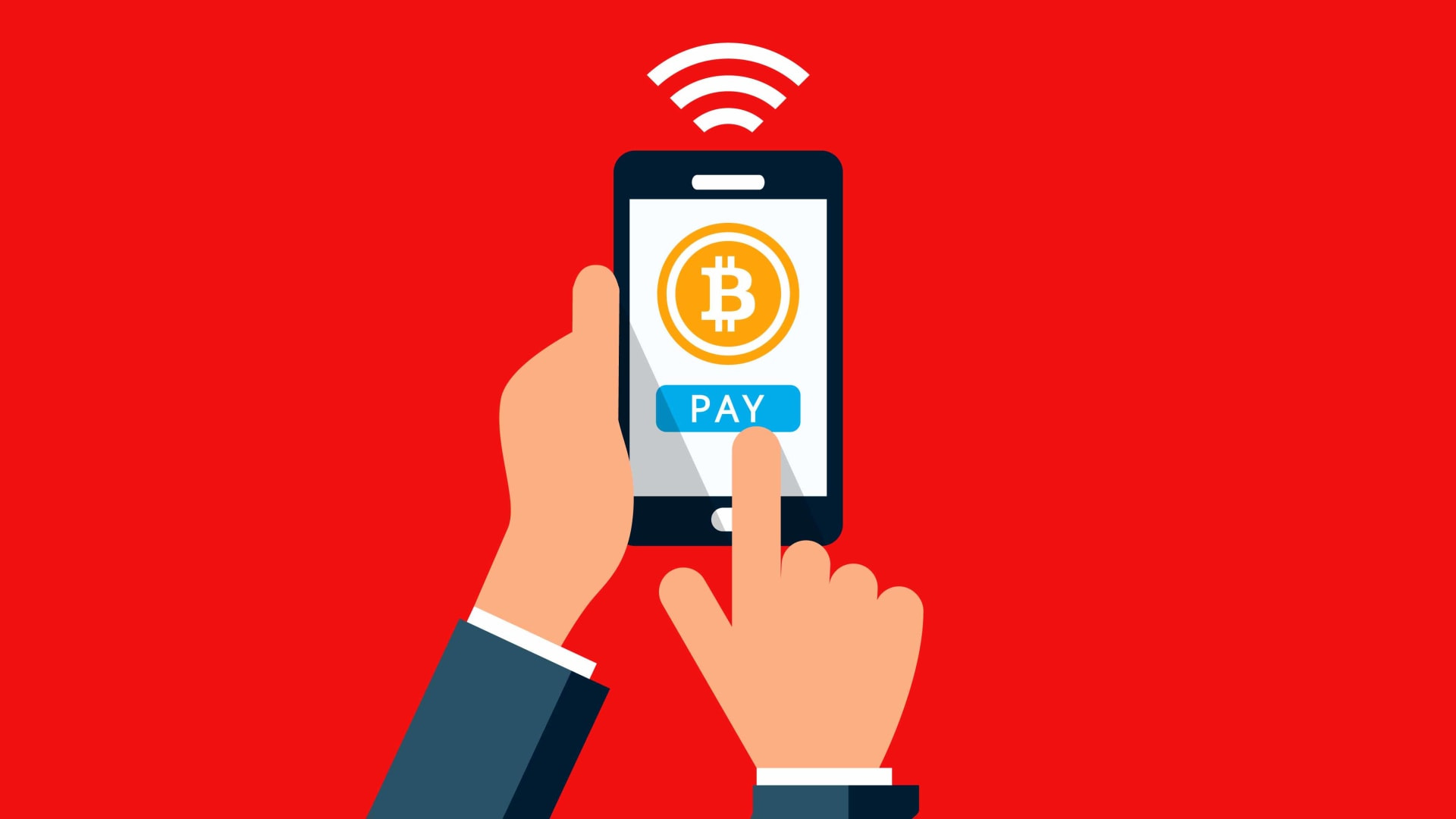One of the most significant advantages of cryptocurrency is that it can be used as a payment method in the same way that cash or credit cards can. However, there are several potential disadvantages to using cryptocurrency as a payment method. In this article, we'll look at the benefits and disadvantages of using cryptocurrency as a payment method.
Pros:
Faster transactions: One of the main advantages of using cryptocurrency as a way to pay is that transactions can be done faster. Traditional payment methods, such as bank transfers and credit card payments, can take up to several days to process, whereas cryptocurrency transactions can be completed in a matter of hours, if not minutes, depending on the blockchain you're using. Because of this, it's a great way to pay for things online and in other situations where speed is important.
Lower Fees: Another benefit of using cryptocurrency as a payment method is that it usually has lower fees than traditional payment methods. Credit card companies and banks charge merchants a fee for payment processing, which is usually passed on to the customer in the form of higher prices. In contrast, cryptocurrencies frequently have much lower or no fees at all. As a result, it may be a more cost-effective option for both merchants and consumers.
Increased security: Cryptocurrency transactions are protected by cryptography, which makes them very hard to hack. As a result, it is an extremely secure payment method for online transactions. Also, some cryptocurrencies are decentralized, which means they are not run by a single entity. This makes them less likely to be hacked or manipulated.
Increased Privacy: An additional advantage of using cryptocurrency as a payment method is that it provides greater privacy than traditional payment methods, especially if you're using a privacy coin like Monero, Pirate Chain, or Dero. When you pay with a credit card, for example, the transaction is recorded in a central database that the credit card company, the store, and maybe even the government can access. On the other hand, cryptocurrency transactions are recorded on the blockchain, which is a decentralized ledger that is not controlled by a single organization. This means that when you use a privacy cryptocurrency, your transaction history is much more private. If you're using Bitcoin, your transactions are on an open ledger for all to see. But unless someone ties your Bitcoin address comprised of numbers and letters, you have a certain level of anonymity
Cons:
Volatility is one of the main disadvantages of using cryptocurrency as a payment method. The value of cryptocurrency can fluctuate significantly over short periods of time, which means that a cryptocurrency transaction today may be worth significantly more or less tomorrow. This can make it hard for merchants to set accurate prices for their goods and services and for customers to figure out how much they can spend on cryptocurrency purchases. Most investors use a stablecoin like USD, USDT, or USDC, which are pegged to the U.S. dollar. These coins barely fluctuate in price.
Another potential disadvantage of using cryptocurrency as a payment method is that it is not yet widely accepted by merchants. While more businesses are accepting cryptocurrency as a payment method, it is still not as widely accepted as traditional payment methods such as credit cards and cash. This can make using cryptocurrency for everyday purchases difficult, especially if you live in an area where few merchants accept it. But more merchants are starting to accept crypto as a payment option.
Complexity: For those who are unfamiliar with cryptocurrency, it can be a complex and confusing topic. As a result, some people may find it difficult to use it as a payment method. Also, buying and using cryptocurrency can be hard for people who don't know much about technology. Some people may find this a barrier to adoption.
Another potential issue with using cryptocurrency as a payment method is the industry's lack of regulation. While some countries have begun to develop regulatory frameworks for cryptocurrency, the market remains largely unregulated. As a result, consumers may struggle to have faith in the security and stability of cryptocurrency as a payment method. Furthermore, a lack of regulation can make it difficult for consumers to seek redress if they encounter problems with their transactions, such as fraud or errors.
Regardless of these disadvantages, the benefits of using cryptocurrency as a payment method are undeniable. Many people find it appealing because of its fast transaction times, low fees, increased security and privacy, and decentralized nature. While cryptocurrency may not be the best option for everyone, the growing acceptance of cryptocurrency by merchants and consumers suggests that it is here to stay and will likely grow in popularity as a payment method in the future.
Last but not least, the choice to use cryptocurrency as a payment method comes down to personal preference as well as the needs and circumstances of the person. While it has some disadvantages, it also has a number of advantages that make it a viable option for many people. It will be interesting to see how the cryptocurrency industry evolves and matures in the coming years, as it will be interesting to see how it is adopted and used as a payment method.






